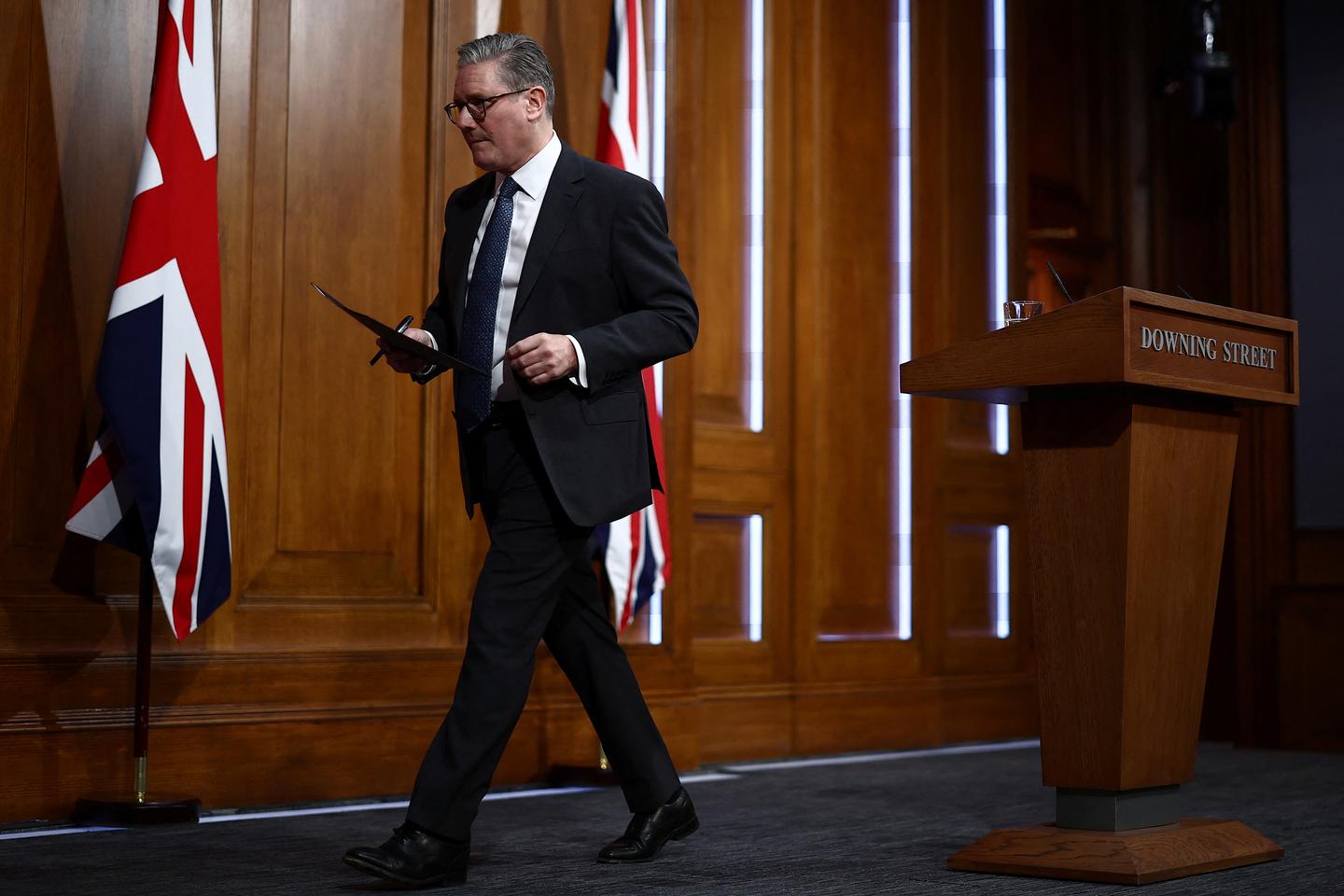


Keir Starmer confirmed on Tuesday, January 21, the launch of a public inquiry to understand the failures that led to the Southport tragedy. On July 29, 2024, a 17-year-old British man stabbed three little girls to death and seriously injured eight other children and two adults who were taking part in a Taylor Swift-themed dance class at a cultural center in this quiet seaside town in northwest England. In the absence of any information on the identity of the murderer, social media went wild at the time, relaying false rumors that he was an asylum seeker. Far-right activists got involved and, for a week, ransacked town centers and frightened the country's Muslims.
"It is now time for ... questions," assured the British prime minister on Tuesday. Starmer also promised that, to "honour those three little girls" (Bebe King, 6, Elsie Dot Stancombe, 7, and Alice da Silva Aguiar, 9), there must be a "fundamental change in how Britain protects its citizens and its children."
The head of the Labour government has clearly learned his lesson from the riots of summer 2024 and, more recently, from Elon Musk's brutal attacks on his government on his X network: A public inquiry is a way of occupying the media field, rather than allowing social media and conspiracy theories to fill the void left by the absence of official discourse. In early January, the world's richest man accused Starmer of having been "complicit" in the rape of thousands of young Britons by gangs operating in the 2010s.
Indeed, there was a real risk that the fantasy machine and accusations of cover-up would be unleashed against his government once again after the alleged murderer of Southport, Axel Rudakubana, took everyone by surprise at the opening of his trial on Monday, pleading guilty to all charges against him. This allowed a flood of details about the young man to finally be revealed by the media and political leaders. Until then, their word had been constrained by British law, which drastically restricts the publication of information relating to ongoing investigations or trials, so as not to obstruct the course of justice. Offenders are liable to prosecution for "contempt of court."
You have 52.07% of this article left to read. The rest is for subscribers only.
